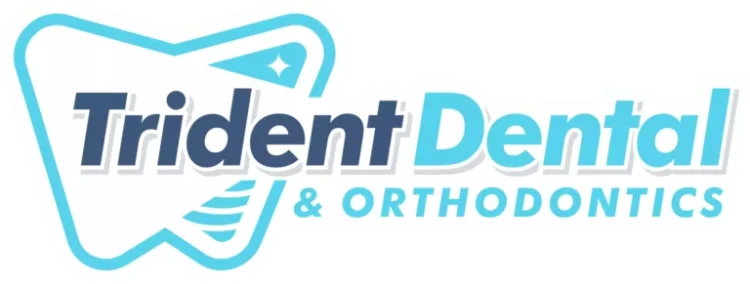If you or a loved one has ever had a toothache, you know how important it is to see a dentist right away. It may be an abscess, which is a bacterial infection. This means you may have trouble chewing food and eating. You may have a sour taste in your mouth. It could also be hard to concentrate on daily tasks if you have throbbing pain that often accompanies an abscess.
Prompt treatment ensures that the bacteria are cleaned out so they don’t spread to other bodily systems and create a serious health threat. Our board-certified dentists with Trident Dental treat many dental infections. We perform root canals to eliminate the infection, and if needed, fit you for a new crown. Find out more about dental abscesses below, including details about treatment.
How did I get a dental abscess?
If you have a cavity that goes undetected or a crack in your tooth, bacteria can seep into your tooth in those spots and cause an infection, or abscess. The infection can move to the pulp of your tooth, which contains tissue, nerves, and blood vessels. Once it’s in the pulp, sometimes it moves to the tip of the root and spreads to the bone.
Gum disease also places you at risk for an abscess. Your gums develop pockets where bacteria from food debris can easily multiply and eventually form pus.
If you’re taking a medication that causes dry mouth, your risk of an abscess is slightly elevated. Bacteria grow when you have low levels of saliva.
Smoking places you at double the risk of tooth infections compared with nonsmokers. People with weakened immune systems from chronic illnesses are also at an elevated risk of a dental abscess.
Finally, how’s your dental hygiene? It’s important to brush and floss twice a day. Even if you do that, you can’t clean your teeth as well as the dental hygienist.
At your dental appointments, we remove plaque and tartar from your teeth that have built up since your last visit. Plaque is the film of bacteria that resides on your teeth. If it’s not removed within 48 hours, you end up with tartar, which you can’t remove yourself.
Without regular dental cleanings, you’re more at risk of developing a dental abscess due to the buildup of bacteria and tartar in your mouth. If you go too long without treatment for a tooth infection, it could result in the loss of a tooth.
How do dentists treat a dental abscess?
The best way to treat an abscess is a root canal. We make sure you’re comfortable by numbing your mouth so you won’t feel any pain.
Next, our dentist opens the tooth with a small drill, drains any pus from the abscess, takes out the infected pulp tissue, and sanitizes the root canals and diseased area. Once everything is cleaned out, our dentist either puts in a temporary filling until you receive a crown or seals the tooth.
Call Trident Dental or book an appointment online today to schedule your regular dental cleanings and maintain proper dental hygiene. Good oral hygiene can prevent dental abscesses.

